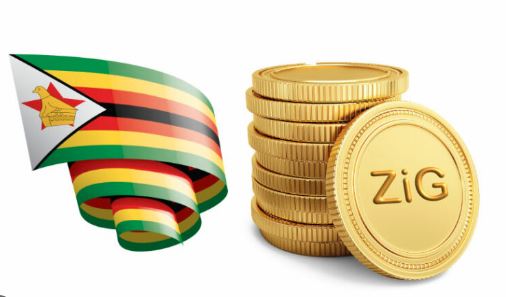Will the ZiG succeed as Zimbabwe’s new currency?

#Finance
Will the ZiG succeed as Zimbabwe’s new currency?
Loveworld / 10 mins
April 19, 2024
2 min read
Zimbabwe recently launched a new currency to replace its previous one that in recent months has been battered by depreciation, and in some instances rejection by the population. Authorities hope the new measure will halt a currency crisis underlining the country’s years long economic troubles.
While most countries abandoned the gold standard in the last century, some African nations are reconsidering its necessity to stabilize their economies. This month, the Zimbabwean dollar became the new “gold” currency. The need to switch to the gold standard has been a long-discussed issue in the country, with the Zimbabwean dollar experiencing a more than 500% depreciation, and the currency rate plummeting by over threefold in just the last three months. The new unit called the ZiG is backed by a basket of foreign currency and gold.
The sweeping move is Zimbabwe’s sixth attempt to have a functional local currency since 2008, when inflation crossed 500 billion percent, according to International Monetary Fund estimates, rendering it worthless. To foster demand for the ZiG, Zimbabwe will make it mandatory for companies to settle at least 50% of their tax obligations via the new unit. To rebuild public confidence, the ZiG will be fully backed by a combination of gold and other precious metals, plus foreign currency reserves held at the central bank. In a supporting document to explain the changes, it said that reserves currently include $100 million in cash and 2,522 kilograms of gold worth $185 million.
The ZiG is currently trading stronger than the South African rand. The Rand was trading at R18.71 to the ZiG at 09:30am on Friday. While the ZiG has been performing well on paper so far, experts have warned that the introduction of yet another currency, will do little to boost confidence in Zimbabwe’s economy. And until the government finds a way to convince locals to start using the ZiG instead of the US Dollar or other foreign currencies, the rest of the world could continue to lack confidence in Zimbabwe’s local currencies.
